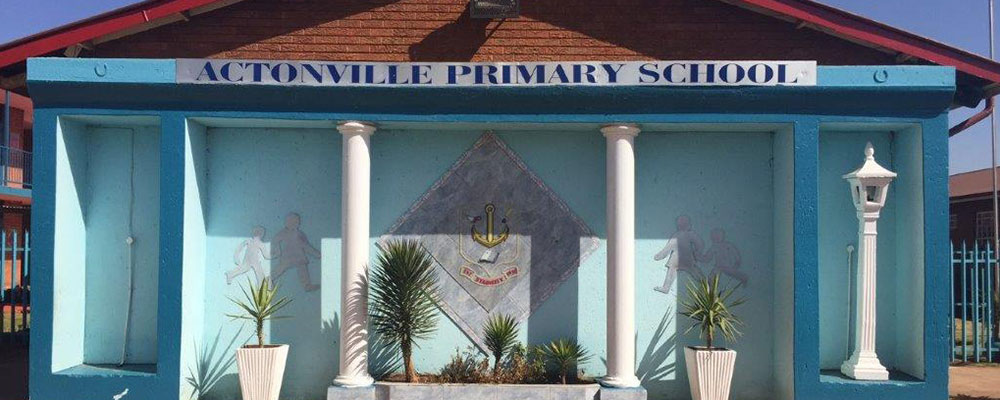Take A Look At Our Latest News

Solar Lanterns For Needy Kids
Empowering children in off-grid communities
M2TD is proud to be participating in an innovative project aimed at empowering learners in communities that don’t have access to the electricity grid. Together with Enabling Africa, Marketing Hub, British Telecom and FlySafair, the company will be donating 1 000 solar-powered lanterns to the children of Actonville Primary School on the East Rand. These will enable those who live in homes without electric lighting to do their homework after hours.
The lanterns, which will be handed over in a ceremony on 12 August, take four hours to charge and provide six hours of strong lighting. This is sufficient for one or two pupils at a time to complete their homework assignments every day.
Actonville Primary, which is situated outside of Benoni, services one of the poorest urban communities in Gauteng. Built to accommodate 750 children, it currently has a student body of 1 290 learners from Grade 0 to Grade 7. All of them are from poor and disadvantaged homes, with many being orphans or living in foster care. Most live in shacks or large hostels and more than 55% have no access to electric lighting.
“These children start out at a disadvantage and their limited access to resources only adds to it,” says M2TD CEO, David Matshane. “Even the simple task of completing their homework in the evenings is problematic, and this hampers their ability to perform well at school.”
As this is a widespread problem, M2TD and the other donors are calling on companies throughout Gauteng to provide the sponsorship needed to extend the solar lantern project to children in other off-grid schools and communities.
“A donation of R20 000 will enable us to supply 100 lanterns,” says Matshane. “If 750 companies were each to donate that amount, we could reach the learners in all off-grid schools in the province. The difference this would make in their lives is incalculable.”
The principal of Actonville Primary, Vanessa Moodley, agrees.
“It may seem like an insignificant problem for people who have access to the electricity grid,” she says, “but we find that learners really struggle with their homework when they have insufficient light to work by. And in really poor families, the cost of every candle or litre of paraffin for lighting has to be counted.
“These lanterns will not only provide the learners with good light in the evenings but, being solar powered, will eliminate the burden on their families of having to provide alternative sources of lighting.”
Companies that wish to help bring the gift of light to disadvantaged children are invited to be in touch with M2TD using the Contact Us feature on this web site.
“We know what a difference these solar lanterns will make to the children at Actonville Primary,” says Matshane, “so we’re keen to hear from other companies that would be prepared to support this initiative. We’d really like to be able to roll it out to as many disadvantaged schools as possible.”
